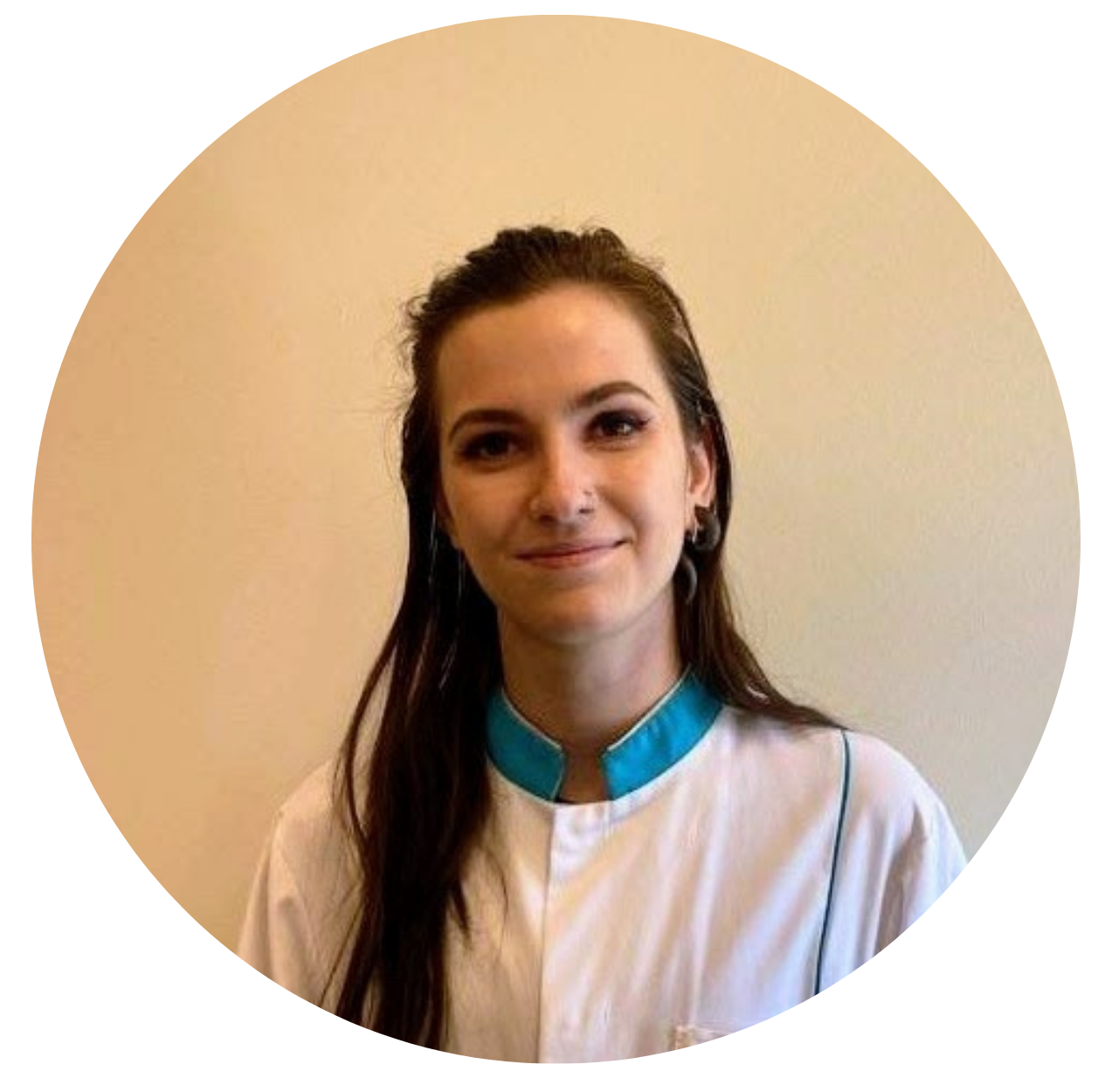We asked Dr Emma Dyke, a Research Associate at King's College London, to answer some questions about her MND research journey so far.
What is your current role?
I am a research associate at King's College London under Dr. Caroline Vance.
What inspired you to choose a science-based career?
I’ve always been curious about how the world works, especially living things! When I heard about the scientists at the Roslin Institute who cloned the first sheep, Dolly, I was amazed. It showed me how exciting and powerful science can be - that we can actually discover and create new things that change the world. That moment really inspired me to study biology and follow a path into research.
Can you tell us about your career pathway so far?
My career path has been quite straightforward. I studied Genetics at Cardiff University and stayed there to complete an integrated master's degree in biology. During my studies, I was lucky to have two placements working in neurobiology — that’s the study of how the brain and nerves work — and I discovered that I was particularly passionate about this aspect of biology!
After I graduated, I wasn’t completely sure if I wanted to keep studying, so I worked as a scientist at a pharmaceutical company for a year. That experience helped me realise that I wanted to learn even more, so I started a PhD in the Netherlands, where I spent four years studying how the brain develops.
When I returned to the UK, I decided to focus on how the brain changes and breaks down in diseases. I was very lucky to get my current job at King’s College London, where I now study neurons — the cells that make up our brains — in the context of motor neuron disease (MND).
What subjects did you take at A Level?
Maths, Chemistry and Biology (with Physics at AS-level)
Where did you go to university and what did you study?
Cardiff University for Genetics initially, which I changed to an MBiol (integrated master's degree) in my penultimate year.
What inspired you to get into MND research/work with people with MND?
There are so many interesting areas in neuroscience, but I’ve always been fascinated by what happens when parts of the body or brain that used to work suddenly stop working — and how we might be able to fix or even reverse that. That curiosity led me back into studying neurodegenerative diseases, where nerve cells slowly stop working over time.
Motor neuron disease (MND) research is still quite a small field, and there’s so much we still need to learn. It’s an area where scientists really need to work together to understand the disease and find new treatments. People living with MND are often overlooked because the illness makes it harder for them to take part in everyday activities or speak up for themselves — and that makes it even more important to do this research and help make a difference.
What is your favourite thing about your work?
I love the variety. It is very rare that I do the same thing on any given day and this constantly challenges me to learn and grow as a scientist.
What advice would you give to someone thinking about a career in science?
I’d say: stay curious! Science is all about asking questions and not being afraid to explore the unknown. If you enjoy finding out why things happen or how they work, then you already think like a scientist. Don’t worry if you don’t understand everything right away — even scientists don’t! Keep learning, try new things, and don’t be afraid to make mistakes, because that’s often how discoveries are made. Most importantly, follow the part of science that really excites you. Keep an open mind and actively seek out new opportunities. The worst that can happen is someone tells you no!
We would like to thank Emma for taking the time to tell us about her career journey.
You can read more about Emma's work on our Research We Fund page.
